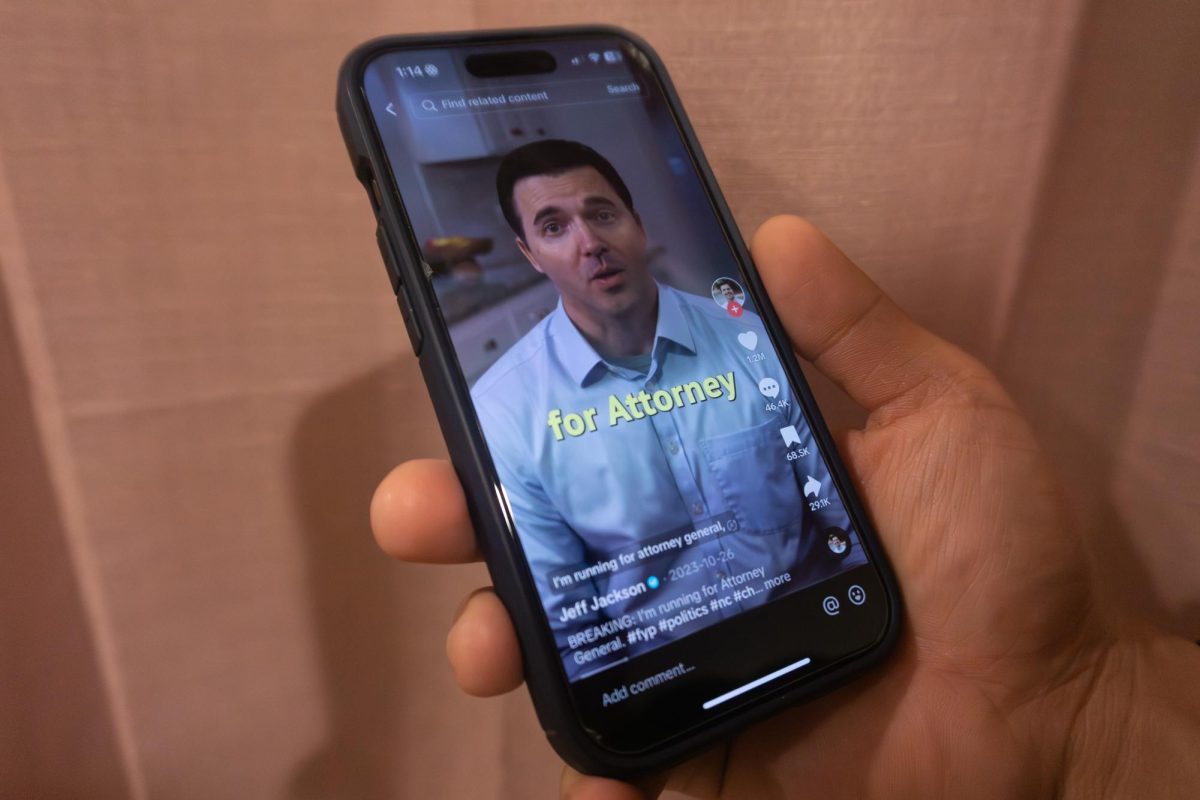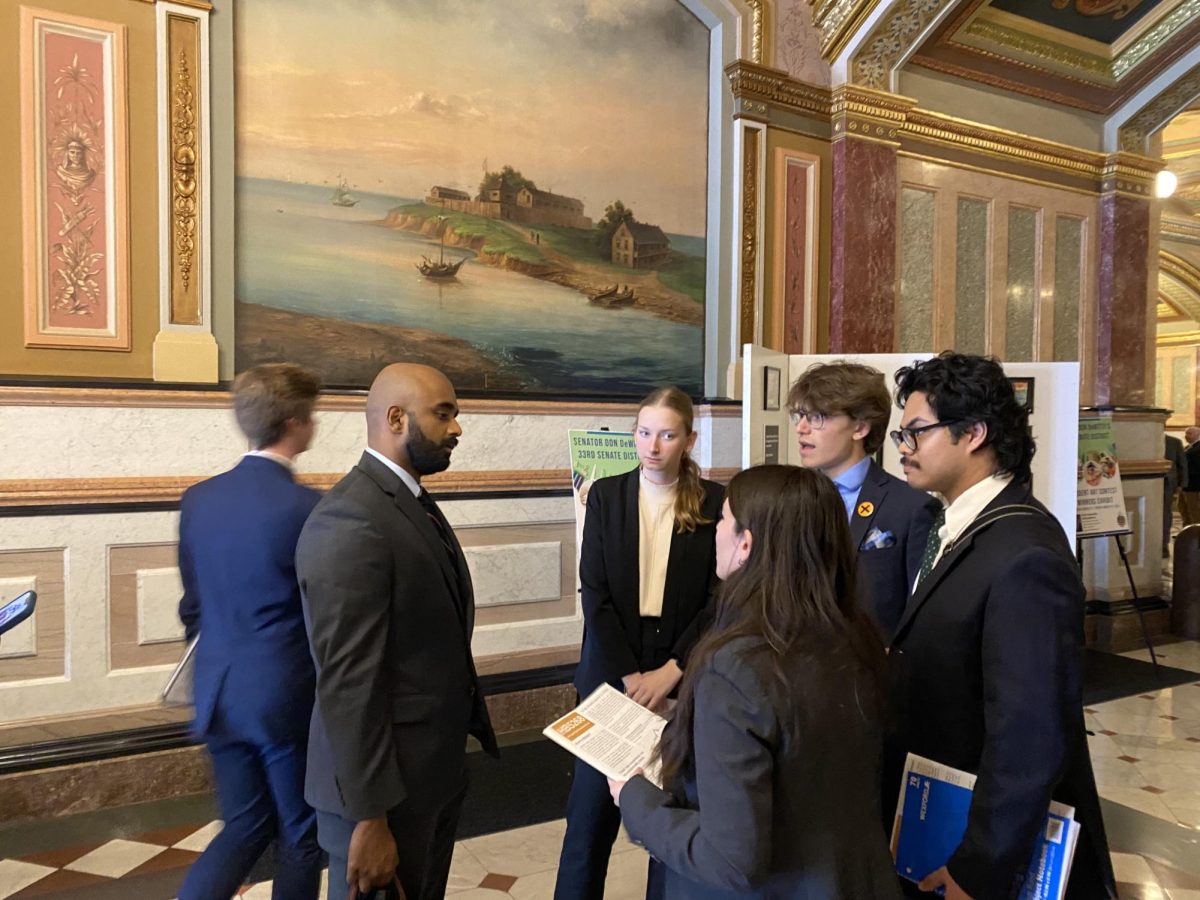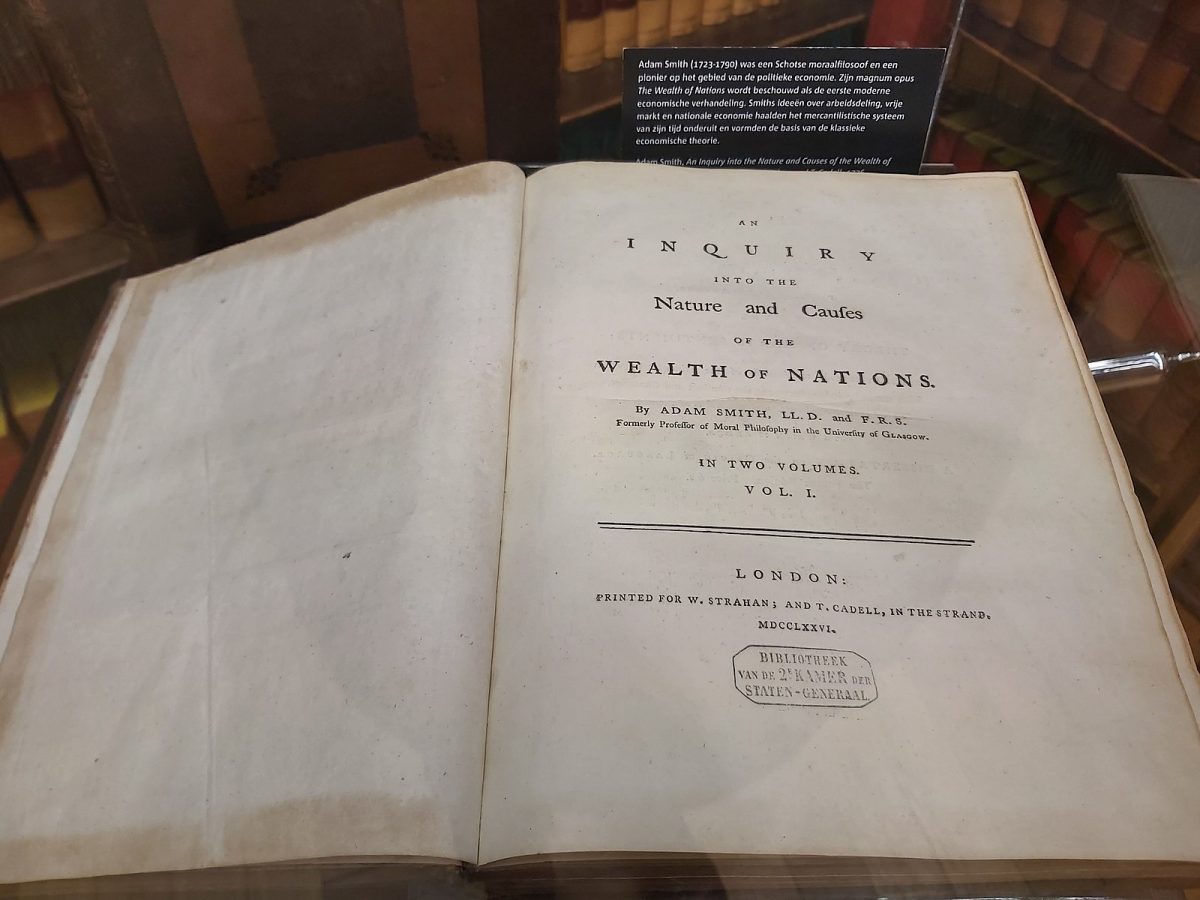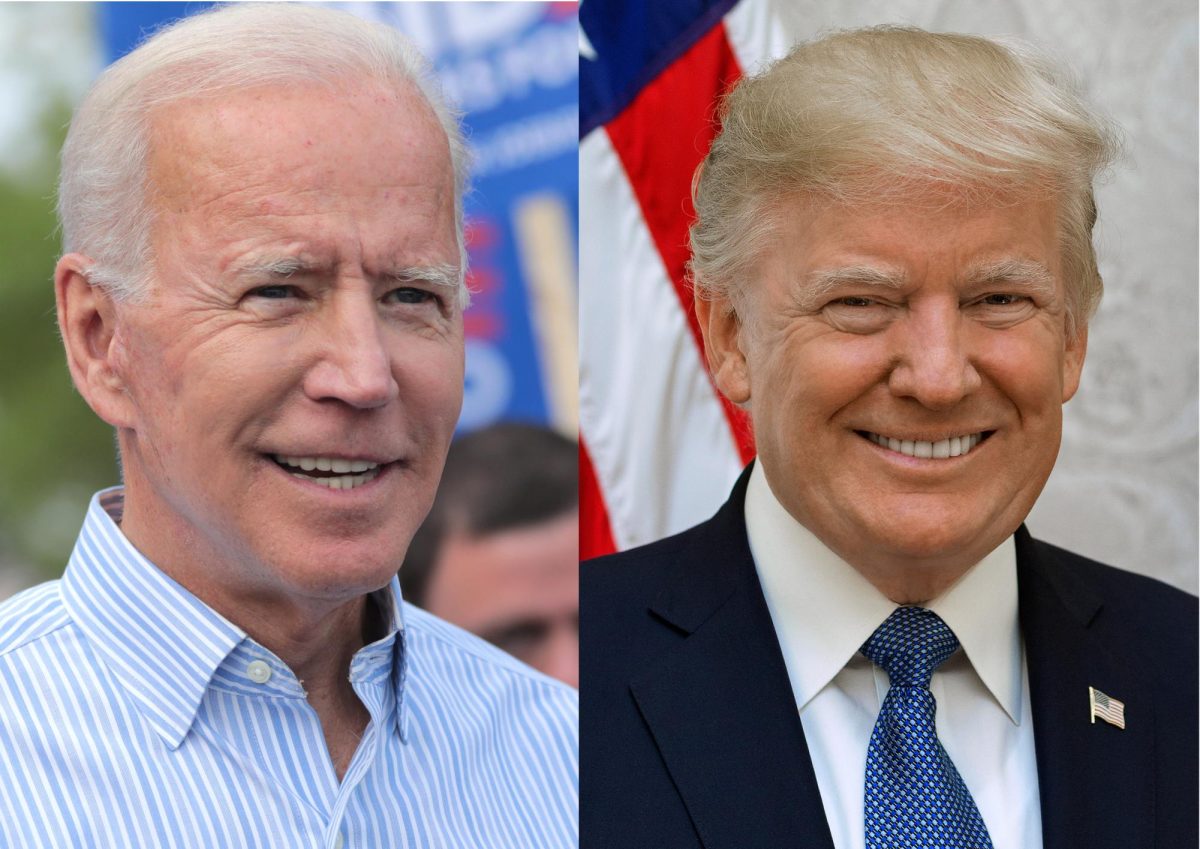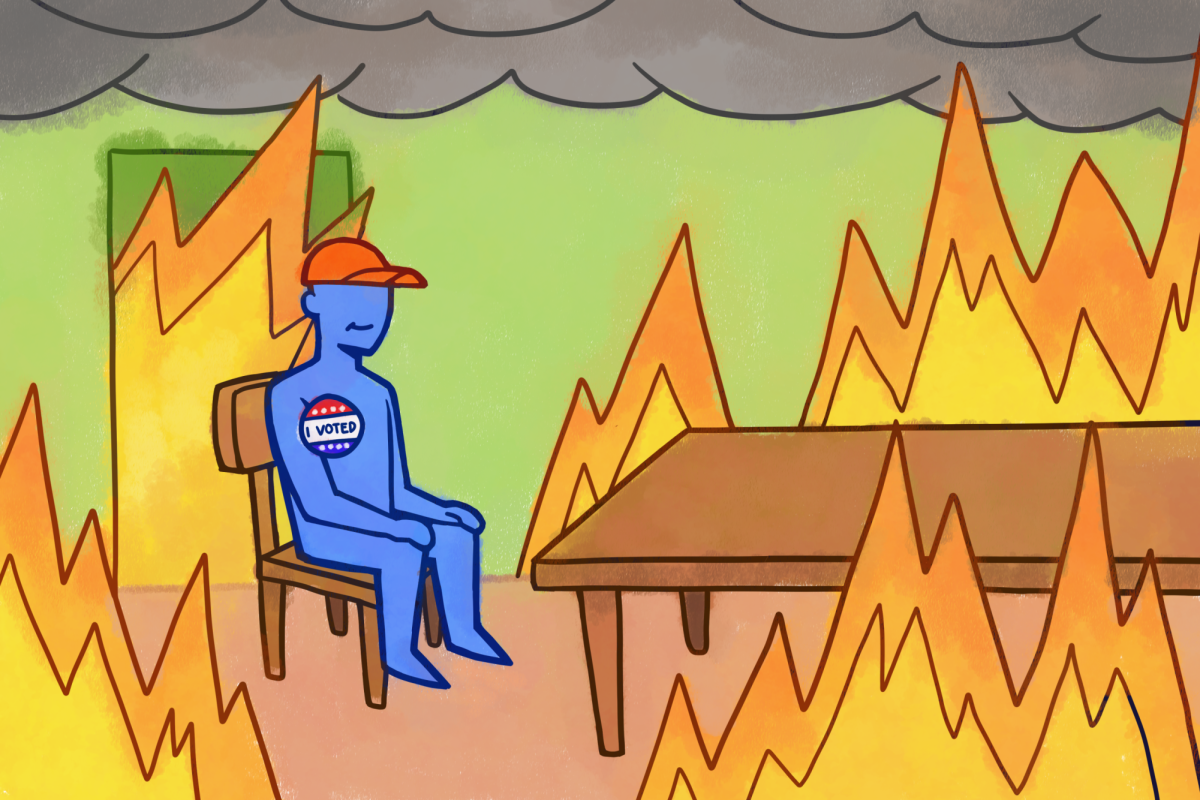During this period of polarization in American politics, bipartisanship seldom occurs in the legislature. Still, if there is one thing that brings our government together, it is their distrusting disposition toward China. With a potential TikTok ban on the horizon spurred by fears of China’s connection to the company, the effects will likely be negative for the average citizen and lucrative for one lucky social media giant.
On March 13, the House passed the Protecting Americans From Foreign Adversary Controlled Applications Act, which essentially strongarms TikTok’s owner to sell its stake in the company within six months or face a nationwide ban in the U.S. While the legislation is still waiting for approval from the Senate, its passage is likely.
The desire for a ban emerged amid concerns about TikTok’s parent company, ByteDance, and its connection to the Chinese government. National Security advisors hold the belief that China could access user data through its connections with ByteDance, however, this hasn’t been substantiated. Additionally, there are concerns that China could also have some control over the TikTok algorithm, giving it the ability to spread misinformation.
While these concerns aren’t unwarranted, there are a few factors to consider.
In 2020, the Washington Post found that TikTok doesn’t appear to collect any more data than its social media competitors, such as Meta and X. The user data collected consists of age, email, phone number, search history, information about videos watched, comments, private messaging — and if you allow it — your location and contact list.
Get The Daily Illini in your inbox!
Additionally, privacy researchers have examined TikTok’s app and concluded that there isn’t any evidence to suggest that the app is spying on or leaking user information to China.
However, even if we assume that China does have access to all of this data, I still don’t believe that it is a concern worthy of a nationwide ban. Besides, if you do not like the idea of China having this information about you, a ban on TikTok isn’t going to prevent them from collecting it.
If you have ever downloaded an app and were asked to accept a privacy policy, by accepting that policy you may have just inadvertently given that company permission to gather your personal data. Data brokers then collect this information by buying it from organizations and selling it to individuals or companies.
This means a ban on TikTok realistically does nothing to protect your personal information from China if they truly want it. This leads me to believe that the passage of this bill carries a deeper political calculation.
If the U.S. government honestly had privacy concerns for citizens’ personal data, the logical action would be to pass legislation requiring social media companies to follow stronger privacy protection laws. This would prevent China from getting personal data from both TikTok and data brokers.
Regardless, this is the law that was passed, and as such — whether intentionally or from ignorance — this legislation will result in the consolidation of more power for one lucky social media giant.
If ByteDance chooses to sell TikTok, the potential buyers would likely be an American company that already has a foothold in the market and enough capital to close the deal. The outcome of such a sale will increase the already concerning amount of corporate consolidation that occurs in the market, leading to more monopolization and decreased competition.
It is this outcome that perplexes me as to why the Biden Administration supports a ban, considering the strong anti-monopolistic stance his administration has taken previously.
All of these factors lead me to believe that this ban is a geopolitical strategy for political posturing against China. If the U.S. truly cared about user data privacy, the natural response would be to pass a law requiring stronger privacy protections. Instead, lawmakers have opted to forward legislation that stifles competition in the social media market.
Having concerns about social media company’s data collection practices, misinformation and effects on mental health are valid. However, for the government to selectively ban the most popular social media app in the U.S. due to the parent company being Chinese is ridiculous.
If the government has the power to strongarm one of the largest social media companies in the world, it also has the power to pass legislation that achieves the same goal without going against the desires of the American public.
Grayson is a freshman in LAS.






